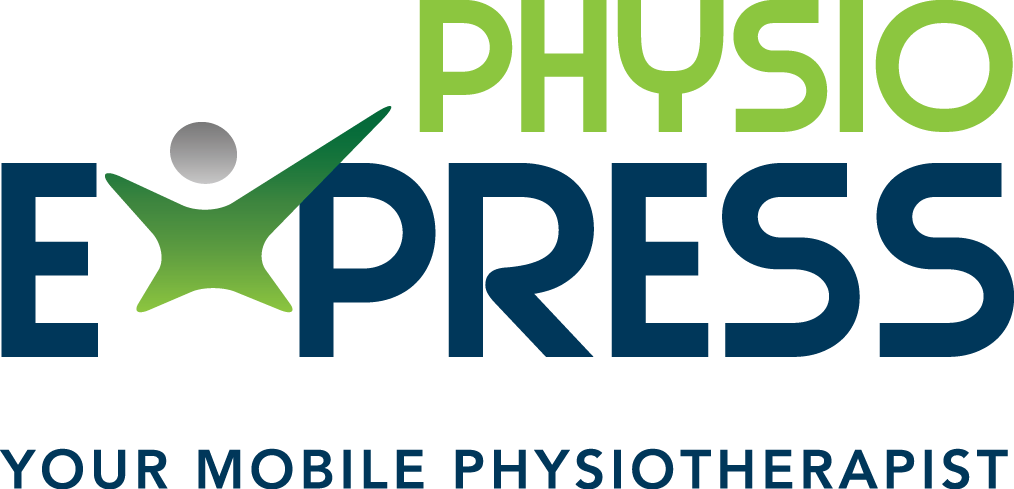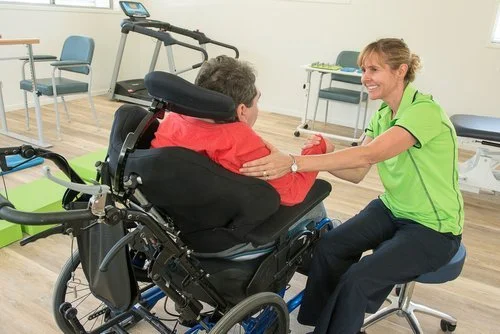Huntington's Disease
Huntington’s disease is a neurodegenerative disease that is hereditary – meaning that it gets passed down in your genes. Individuals may choose to seek genetic testing to find out whether they carry the mutated gene which causes Huntington’s.
Huntington’s is a progressive condition and affects the brain and spinal cord, leading to cognitive changes, motor function abnormalities and psychiatric features. The average age of onset is 45 years of age and affects men and women equally. The age of onset and rate of progression of Huntington’s Disease are influenced by both environmental and genetic factors. There is currently no cure for Huntington’s.
The focus of Huntington’s Disease management includes:
Client centered and goal centered care plans, allowing the person living with Huntington Disease to play a key and informed role in their own care journey
Future planning for support needs including personal supports, equipment and home modifications
Working with and supporting families and carers – including having adequate amounts of care that is beneficial for both the person with Huntington’s and the carer’s themselves
A multi-disciplinary approach is the most beneficial and holistic approach to care. There are many different medical and allied health professionals that can help manage different aspects of the disease, they can include:
-
Oversees the diagnosis, overall care coordination, neurological management and referrals to other team members during all stages of HD progression
-
Works with individuals over the course of their disease, providing overall care coordination, psychiatric management, and medications while helping them navigate the mental healthcare system
-
Helps individuals with everything from financial and insurance planning to connecting them with support groups and HD programs. They also provide access to community services and help manage family conflicts in the later stages of HD
-
Works in the early stages of HD, assisting individuals with genetic testing and family counseling
-
Case manager and provides telephone counseling and support for individuals with HD and their families
-
Assists with healthy eating for HD. They make recommendations on calorie counts, food and liquid alterations, and assist with proper feeding tube supplements (if appropriate)
-
Develops exercise programs and help with home preparedness and safety for the early stages of HD. As the disease progresses, they assess the need for assistive devices and the non-pharmacological managements of dystonia (involuntary muscle contractions), pain management and respiratory management
-
Assesses the individual’s home and work environment, as well as their driving abilities in the early stages of HD. Once in the middle to late stages, they help with home safety, assessment of activities of daily living, and the equipment needed for appropriate seating, sleeping, feeding, hygiene, etc.
-
Oversees the management of symptoms related to personality and cognitive changes in individuals with HD. Their role may involve individual or family counseling
-
Conduct evaluations of swallow function and provide counseling about safe swallowing in the early stages of HD. As the disease progresses, they re-evaluate dysphagia (swallowing), assess speech and communication skills, and offer individual and family counseling as needed
It is better to plan for the future early and have a detailed care plan in place to relieve emotional and physical stress for the person with HD and their family.
Neuro Junction provides skilled services in physiotherapy and occupational therapy and can assist you in managing your disease and achieving your goals.
For further information visit Huntington’s Australia.


